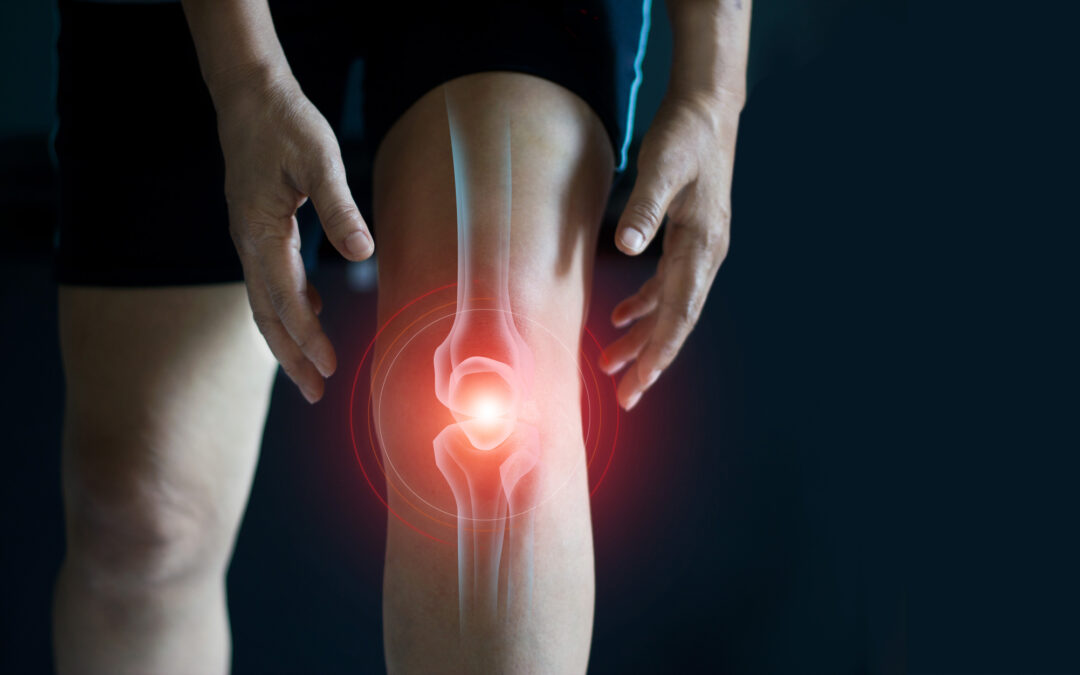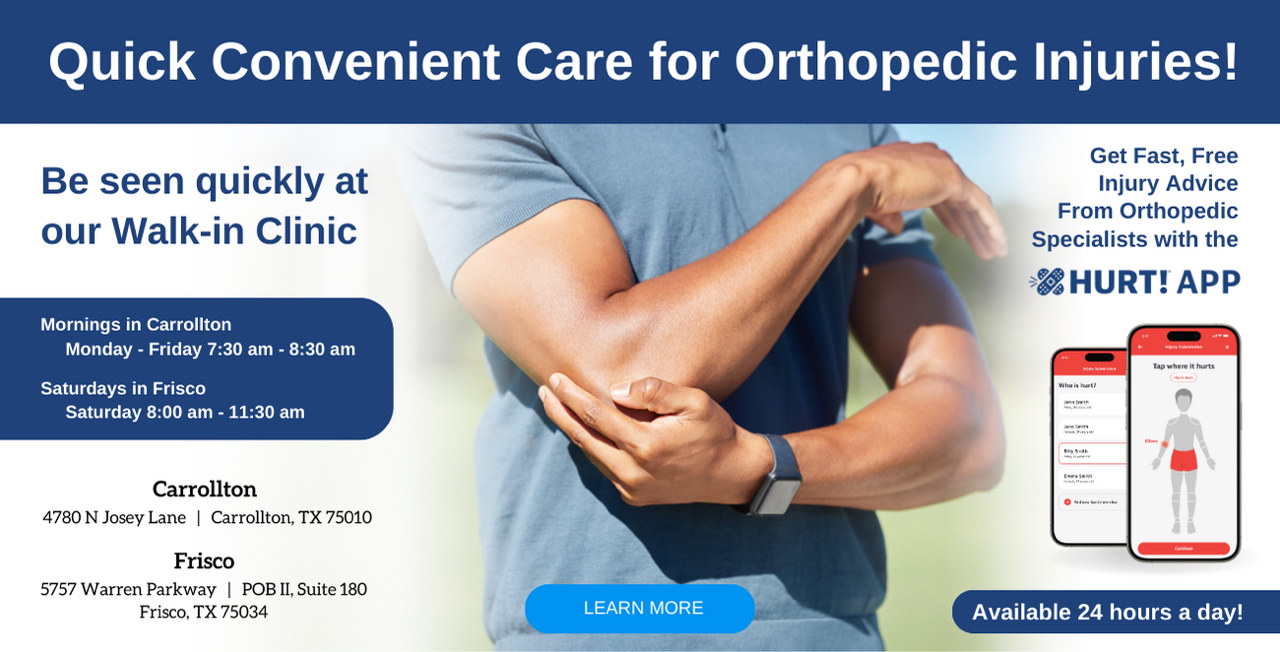Welcome To Our Blog

Cartilage Transplants – Restoration for an Injured Knee
Cartilage injuries can happen in a variety of different ways, but commonly it is the result of a sports injury, specifically when an individual falls or hits the knee on the ground. It can occur as a part of a meniscus or ligament injury, or a bone injury. When this type of injury happens cartilage can be damaged or break off in the knee. It causes swelling and inflammation, pain in the knee with motion, and can even cause a catching or locking sensation in the knee. When people first hear of a cartilage transplant, many people think it may replace lost cartilage in a knee...

Tips for A Quicker Recovery From Orthopedic Surgery
Good habits, a strong and active body, proper nutrition, and a good mental attitude go a long way in helping someone recovering from surgery. Let’s look at some of the key factors that come into play and that can affect the speed of recovery from an orthopedic surgery.

Understanding the Many Options for Shoulder Arthritis
Shoulder arthritis is one of the most frequent causes of shoulder pain that we see at OrthoTexas. Although there are multiple cause of shoulder arthritis, “wear-and-tear” over time is by far the most common reason for shoulder arthritis. Other causes, include after injury (post-traumatic) or inflammatory (rheumatoid arthritis). Wear-and-tear arthritis is a degenerative process, whereby the cartilage in the shoulder wears away. Cartilage is the smooth covering at the ends of the bones. When two or three bones come together, they form a joint. When that cartilage (at the...

The Importance of Repairing a Meniscal Root Tear
Meniscal root tears are a common injury. In fact, they account for more than 10% of knee injuries. While they have been around for many years, it is only recently, in the past 5 – 10 years, that it has been recognized as a specific injury and one that is very important to have repaired.

Frozen Shoulder – A Common Cause of Shoulder Pain
The hallmark symptoms of frozen shoulder include pain and restricted range of motion. Often, this pain occurs for no good reason and most people cannot pinpoint a particular time or injury in which the pain began. We call this an insidious onset. Over time, patients begin to feel more pain as their shoulder gets stiffer.

